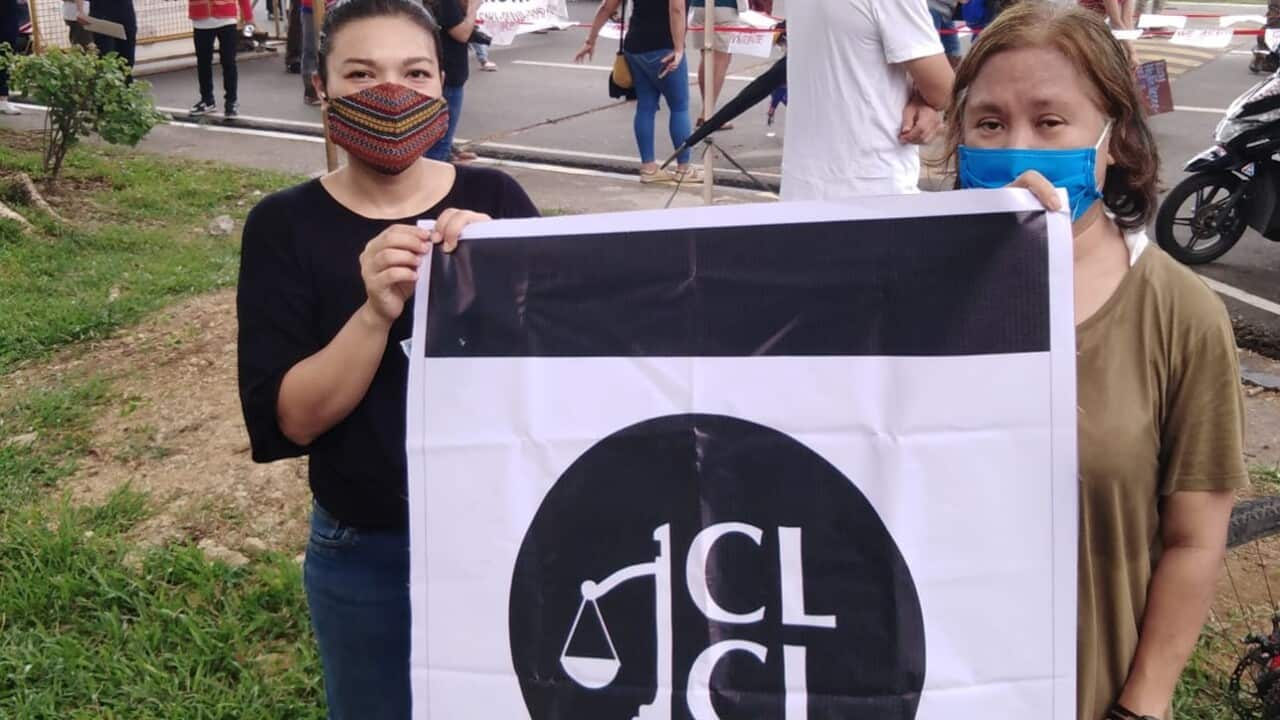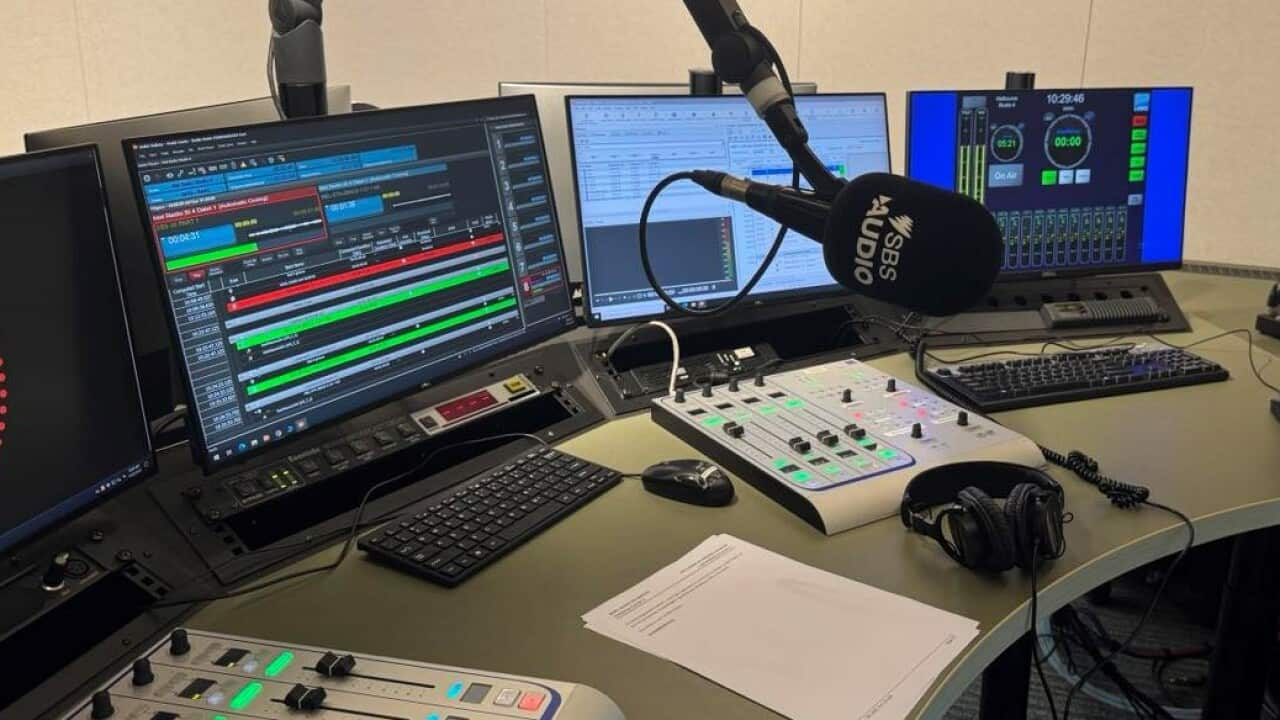Highlights
- President Rodrigo Duterte signed the Anti-Terrorism Act of 2020 on July 3 after carefully taking into account various views on the law.
- The new law aims to condemn, prevent, prohibit and penalise terrorism in order to protect the country's national security and the welfare of Filipinos.
- Repealing the Human Security Act of 2007, the new Anti-Terror Law expands the definition of terrorism, which human rights advocates say could lead to abuses and stifle free speech.
Several lawyers and human rights advocates have strongly opposed the Anti-Terrorism Act of 2020 due to its vagueness and unconstitutionality.
"We fear that the government will use the immense powers of the anti-terrorism bill to go after dissenters and oppositions to government, aside from the law is violating the Constitution when it comes to detention of accused", says human rights lawyer Kristina Conti.
Ms Conti, convenor of the National Union of People's Lawyers and Concerned Lawyers for Civil Liberties, admits that although the Anti-Terror Law has defined who a terrorist is and what it does, there are a number of terms in the law that are vague. "Okay, sinabi naman sa batas na ang isang terorista ay pumapatay, gumagamit ng bomba at iba pa, pero ano ‘yung objective?"
"Okay, sinabi naman sa batas na ang isang terorista ay pumapatay, gumagamit ng bomba at iba pa, pero ano ‘yung objective?"

Human rights lawyer Kristina Conti. Source: Supplied
"The objective is, among other things, to seriously destabilise or destroy the fundamental, political, economic, social structures of the country, to create a public emergency, to seriously undermine public safety – itong mga terms na ito ang iniisip namin na maaaring magpalawig doon sa termino at hindi na nga lang ‘yung pagiging terorista mismo ang problema eh, kundi 'yung additional na krimen na related sa pagiging terorista," Conti said.
Conti reveals that three of the groups she is affiliated with will be filing a petition in the Supreme Court against the contitutionality of the Anti-Terror Act (ATA).
The ATA allows for surveillance, warrantless arrest and detention for suspects for up to 24 days.
"Ito ay labag sa Konstitusyon, sa ilalim ng Bill of Rights, Article 3, batay sa writ of habeas corpus, walang sinuman ang maaaring i-detain ng mahigit sa tatlong araw nang walang kasong isinasampa laban sa tao", points Conti.
The Anti-Terrorism Act of 2020 will take effect 15 days after it has been published in the government's Official Gazette or other newspapers.




